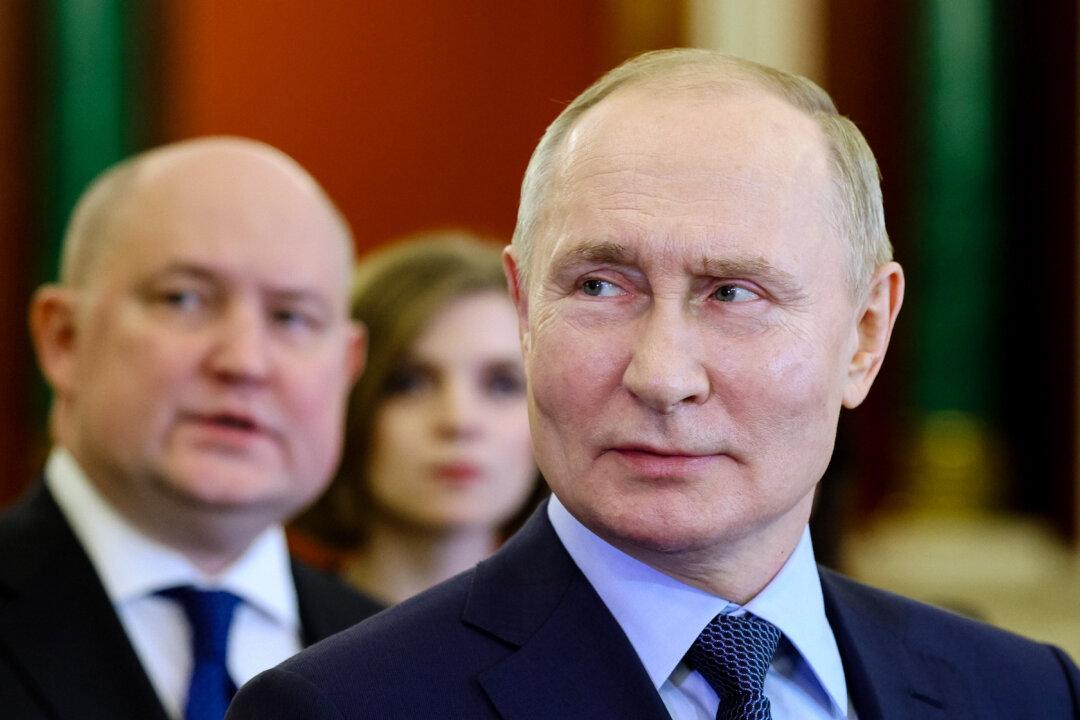Commentary
Well, Tucker Carlson’s interview with Vladimir Putin on X, formerly known as Twitter, gained 100 million views in less than 12 hours. Nothing on planet Earth coming from corporate media gains that level of reach. This feels like several turning points at once, not only in Western perceptions of the war between Russia and Ukraine plus the perceptions toward Mr. Putin himself but also in the cultural control by the old media.





